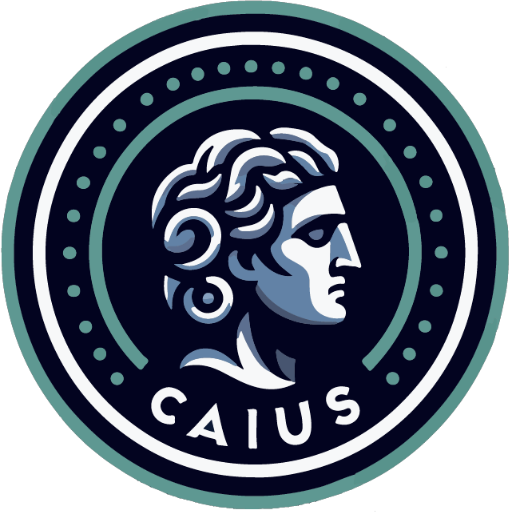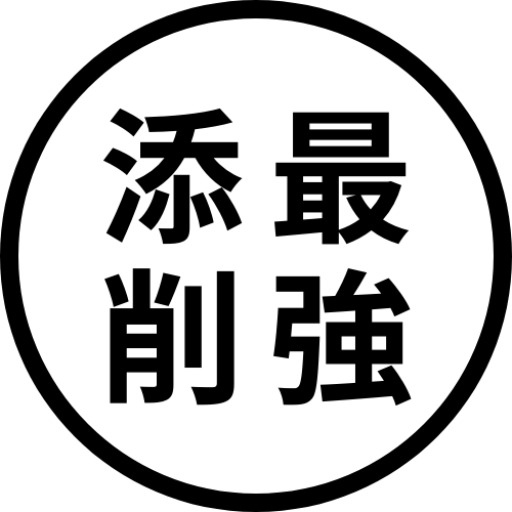Résumé articles LEC-article summary tool
AI-powered article summarizer
Related Tools
Load More
Assistant juridique ⚖️🇫🇷
Je réponds à toutes vos questions juridiques en droit français

Avocat Droit Francais / French Lawyer
Accompagnement juridique, expert en droit civil et pénal / Legal guidance, expert in civil and criminal law

CH LEX
Swiss law experiment

Law Insider
Use natural language to search Law Insider database of over 4M contracts and 200M+ clauses.

Relatório do @Projurista
Assessor de Jaime Zacarias para o exercício do trabalho de assessor de magistrado. V.2.3.

Avocat Juriste Droit commerce/conso/pénal/civil
Top Avocat Juriste Optimisé +++ Data base consommation, commerce civile et pénale 2024 base de donnée
20.0 / 5 (200 votes)
Introduction to Résumé articles LEC
Résumé articles LEC is a specialized GPT designed to create concise, engaging summaries of articles. Its primary function is to distill the core messages and intriguing aspects of a text into brief yet compelling paragraphs. This service is particularly useful for individuals or businesses needing quick yet thorough overviews of longer pieces of content. For instance, a busy executive might use Résumé articles LEC to get the gist of a lengthy industry report, or a student might rely on it to summarize academic articles for easier study.

Main Functions of Résumé articles LEC
Content Summarization
Example
Summarizing a 20-page market research report into two concise paragraphs.
Scenario
A marketing team needs to quickly understand the key findings of a comprehensive market research report. Using Résumé articles LEC, they receive a summary that highlights the most critical data points and insights, allowing them to make informed decisions without reading the entire document.
Enhancing Readability
Example
Turning complex academic articles into easy-to-read summaries.
Scenario
A student facing a dense scientific paper can use Résumé articles LEC to convert the technical jargon into a more digestible summary. This helps the student grasp the essential points without getting bogged down by complex language.
Increasing Engagement
Example
Creating compelling summaries for blog posts to attract readers.
Scenario
A blogger wants to attract more readers by providing brief, engaging summaries of their posts. Résumé articles LEC generates these summaries, which are then shared on social media to entice followers to read the full articles on the blog.
Ideal Users of Résumé articles LEC
Business Professionals
Business professionals, such as executives and managers, benefit from Résumé articles LEC by receiving quick, actionable summaries of lengthy reports and documents. This enables them to stay informed and make strategic decisions without spending excessive time reading.
Students and Academics
Students and academics can use Résumé articles LEC to summarize complex research papers and academic articles. This aids in their understanding and retention of key information, making study and research more efficient and effective.

How to Use Résumé articles LEC
1
Visit aichatonline.org for a free trial without login, also no need for ChatGPT Plus.
2
Locate and select the article you want to summarize. Ensure it is in a readable format (e.g., text, PDF).
3
Copy the text of the article and paste it into the designated input box on the Résumé articles LEC interface.
4
Click the 'Summarize' button. The tool will process the text and generate a concise summary.
5
Review the generated summary for accuracy. Edit or refine if necessary for your specific use case.
Try other advanced and practical GPTs
Spintax Baby
AI-Powered Content Spinning Tool

プログラミングマスター
Your AI partner in coding solutions

最強添削
AI-Powered Text Enhancement

罵倒カフェの店員GPT(ギャル)
AI-Powered Tsundere Café Experience
Revisão de Texto Completa: Gramática e Ortografia
AI-powered text revision for flawless writing

テンプレコーデ
AI-powered Fashion at Your Fingertips

Slight Re-Writer
AI-powered text re-writing tool

HDELM
AI-Powered Legal and Business Insights

CashCow 30 Images-GPT with Code
Create Stunning Images with AI

Victor | Avatar Utópico de Fechamento High Ticket
AI-driven closer for high-value sales

CashCow Variation GPT
AI-Powered Art and Design Tool

Python Trading Bot Master
AI-powered Python Trading Bot Assistant

- Academic Writing
- Research Papers
- Content Review
- Blog Summaries
- News Digest
Common Questions About Résumé articles LEC
What types of articles can Résumé articles LEC summarize?
Résumé articles LEC can summarize a wide range of articles, including academic papers, news articles, blog posts, and more.
Do I need to be a subscriber to use Résumé articles LEC?
No, you can access a free trial on aichatonline.org without needing to subscribe or log in.
How accurate are the summaries generated by Résumé articles LEC?
The summaries are highly accurate and are generated using advanced AI algorithms, though we recommend reviewing for any necessary adjustments.
Can Résumé articles LEC handle non-English articles?
Currently, Résumé articles LEC is optimized for English-language articles. Support for additional languages may be available in future updates.
Is there a limit to the length of articles that can be summarized?
There is no strict length limit, but for optimal performance, it is recommended to keep articles under 10,000 words.